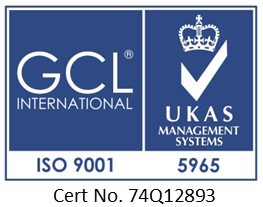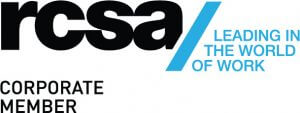The Australian Human Resources CEO, Sarah McCann-Bartlett, has produced an interesting and thought-provoking report titled “Respite for HR as hiring becomes less difficult.” The report was published online in HRdaily.
I have published the report in full here as I believe it will be of interest to many. I give full credit to Sarah McCann-Bartlett.
“Respite” for HR as hiring becomes less difficult.
Employers’ recruitment difficulties are finally beginning to recede, signalling some relief for HR, new research shows.
Some 38% of employers are experiencing recruitment difficulties this quarter, down significantly from 48% three months ago, according to AHRI’s latest Australian work outlook report, which surveyed more than 600 senior HR professionals and decision-makers.
“This modest shift may offer some respite to the HR professionals who have faced more than two years of labour shortages; Australian workers who have had to deal with higher workloads due to staff shortages; and organisations balancing their human resources against customer and user demand,” says AHRI CEO Sarah McCann-Bartlett.
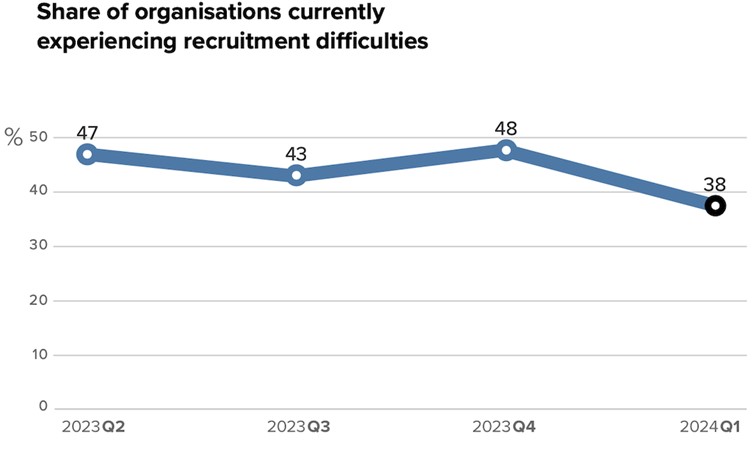
Source: AHRI
This is occurring alongside fewer employers seeking new staff; net employment intentions have fallen from +41 in the December 2023 quarter to +33. (This takes into account 36% of employers adding headcount, and 3% intending to reduce it.)
“Although recruitment difficulties have eased, many organisations are still having trouble both recruiting and retaining staff,” McCann-Bartlett says.
“A lack of quality in the labour supply and the high training and recruitment costs associated with replacing staff may therefore be putting upward pressure on wages in many Australian workplaces.”
Some 42% of surveyed employers are trying to address their recruitment difficulties by upskilling existing employees, and almost a quarter are planning to invest in leadership and management capabilities.
Other responses include improving job security, raising wages, improving benefits, and employing workers from under-utilised groups.
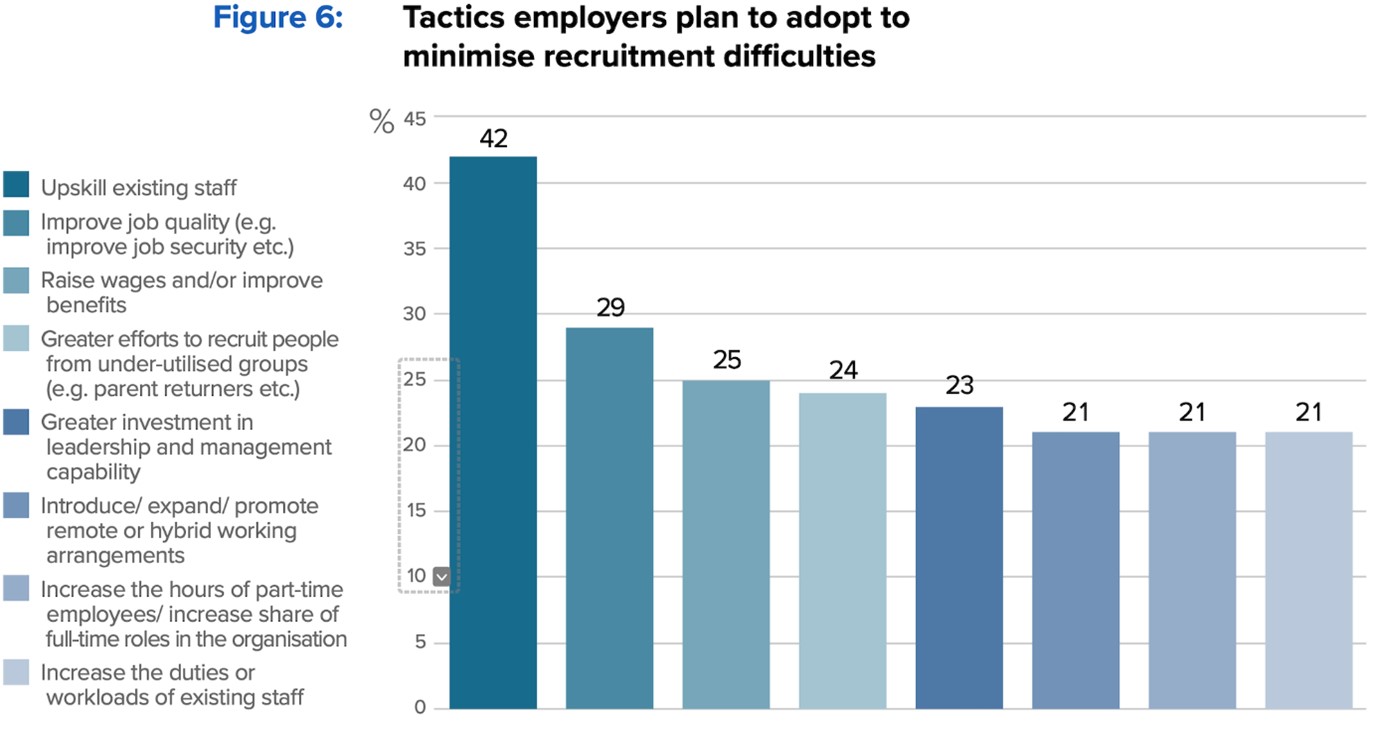
Source: AHRI
Sharp increase in pay rise expectations
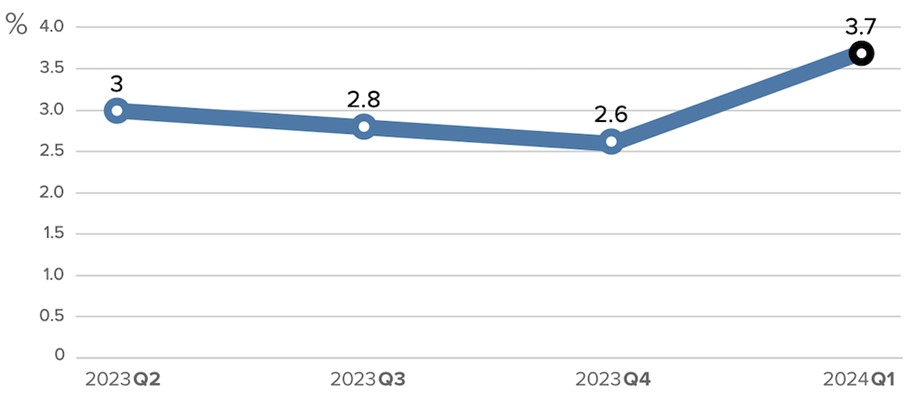
Employers’ fixed remuneration increase expectations. Source: AHRI
Meanwhile, employers expect to raise mean basic pay (excluding bonuses) by 3.7% in the 12 months to January next year, a sharp rise from the 2.6% they predicted three months earlier.
McCann-Bartlett says the higher wage expectations are being driven by both the private sector (+3.6%) and the public sector (+4%). It’s important to note, however, that a third of employers do not yet know the extent of wage changes in their workplaces over the coming year.
Business Closures
A worrying sign for the Australian economy is the closure of businesses, big and small.
The Western Australia economy has been hit hard by the announcement that BHP is to write off its nickel mining and smelting operations with a loss 3,000 jobs directly and an additional 1,000 jobs in related enterprises, This announcement followed the announced closure of Aluminum smelting in the state causing an additional 1,000 plus job losses. Across the country, we are witnessing the closure of hundreds of small businesses. Small business is the nation’s largest employer.
The latest data from the Australian Securities & Investments Commission shows almost 1650 manufacturing and construction businesses plunged into insolvency in the six months to December. Figures released on Thursday show unemployment rose to 4.1 per cent in January, a two-year high.



